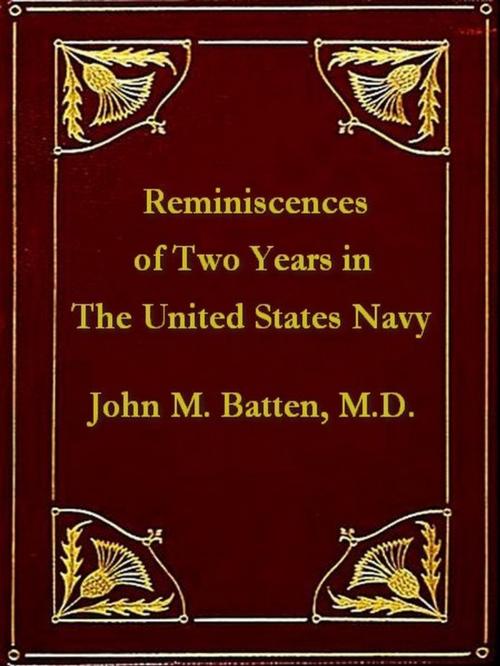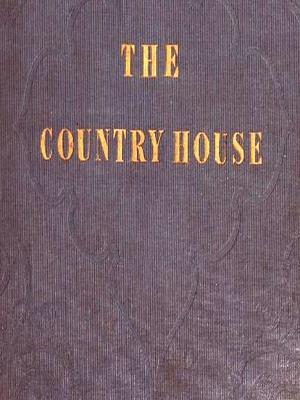Reminiscences of Two Years in the United States Navy
Nonfiction, History, Military, Naval, Americas, United States, Civil War Period (1850-1877), Biography & Memoir, Historical| Author: | John M. Batten | ISBN: | 1230000152653 |
| Publisher: | VolumesOfValue | Publication: | July 18, 2013 |
| Imprint: | Language: | English |
| Author: | John M. Batten |
| ISBN: | 1230000152653 |
| Publisher: | VolumesOfValue |
| Publication: | July 18, 2013 |
| Imprint: | |
| Language: | English |
Excerpt
...Newbern on the Neuse river, Washington on the Tar river, and Plymouth on the Roanoke river, lie in a circle which might be described from a point somewhere in Pamlico Sound—the former and latter towns being each about thirty miles from Washington, the latter town being in the middle; so that the report of heavy artillery could be heard at Washington from either of the other two places.
Saturday, April 16, 1864, my diary states that Plymouth was attacked by the Confederates. Firing continued every day till Tuesday, April 19, 1864, when the place fell into the hands of the Confederates. Lieutenant-Commander Charles W. Flusser made a remark early in the morning of April 19, 1864, that he would either sink the rebel ram Albemarle before night, or he would be in ——. Captain Flusser commanded the United States steamer Miami, and Captain French the ill-fated Southfield. These two vessels had been lashed together at their sterns early in the morning, for the purpose of inducing the Albemarle to come between the vessels, and in this manner, if possible, sink her. The rebel ram, early in the morning of April 19, came floating down the Roanoke river with the current, past the batteries on the right bank of the river above Plymouth, and bore down upon the United States steamers Southfield and Bombshell, and sunk them...
About the Author
JOHN M. BATTEN, B.E., M.D.,
Late Acting Assistant Surgeon United States Navy, Pittsburgh, Pa.
Excerpt
...Newbern on the Neuse river, Washington on the Tar river, and Plymouth on the Roanoke river, lie in a circle which might be described from a point somewhere in Pamlico Sound—the former and latter towns being each about thirty miles from Washington, the latter town being in the middle; so that the report of heavy artillery could be heard at Washington from either of the other two places.
Saturday, April 16, 1864, my diary states that Plymouth was attacked by the Confederates. Firing continued every day till Tuesday, April 19, 1864, when the place fell into the hands of the Confederates. Lieutenant-Commander Charles W. Flusser made a remark early in the morning of April 19, 1864, that he would either sink the rebel ram Albemarle before night, or he would be in ——. Captain Flusser commanded the United States steamer Miami, and Captain French the ill-fated Southfield. These two vessels had been lashed together at their sterns early in the morning, for the purpose of inducing the Albemarle to come between the vessels, and in this manner, if possible, sink her. The rebel ram, early in the morning of April 19, came floating down the Roanoke river with the current, past the batteries on the right bank of the river above Plymouth, and bore down upon the United States steamers Southfield and Bombshell, and sunk them...
About the Author
JOHN M. BATTEN, B.E., M.D.,
Late Acting Assistant Surgeon United States Navy, Pittsburgh, Pa.















